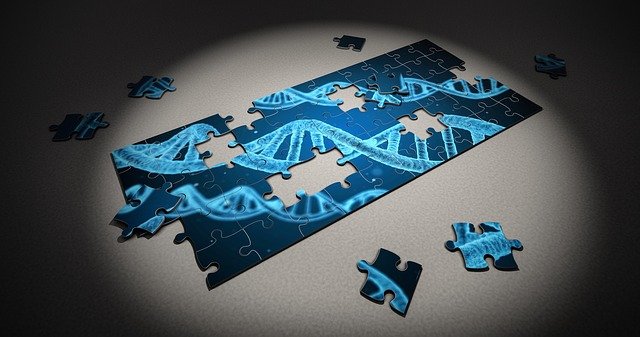Coffee consumption is beneficial but also linked with cardiac illness. A new study from the University of South Australia suggests cardiovascular genetics drives our desire for coffee: espresso, latte, or decaf.
Coffee is one of the most popularly consumed exotic hot beverages. Because of some processing differences, the beverage can be of different types: regular, espresso, latte, or decaf.
How Coffee Is Prepared
In all coffee preparation, grounds of roasted beans are brewed. For regular coffee preparation, coffee bean grounds are mixed with hot water, allowing the mixture to steep briefly and then filtered out from the solids.

Espresso is prepared similarly, but a high-quality bean such as arabica is usually used, and the grounds are much more refined than the regular coffee. During preparation, hot water (90 to 93 C) is forced through the grounds under 9 to 15 bars of pressure. Espresso has more caffeine, is usually thicker, and has a much more intense flavor than regular coffee.
Cappuccino and Latte are prepared with espresso and milk. In cappuccino, milk is frothed to micro-foam, whereas steamed milk is added in latte preparation.
In decaf coffee, beans are preprocessed to remove the chemical caffeine. First, beans are soaked in hot water and then in ethyl acetate. The dried beans are again placed back in the water to absorb the oil and flavor components extracted in hot water. In modern techniques, liquid CO2 instead of ethyl acetate is used to remove caffeine. In either method, the decaffeination process removes almost 97% of the total caffeine from the coffee beans.
Different people have their reason to choose coffee every day. Some people like espresso coffee to boost their energy level; others simply enjoy the taste and flavor of cappuccino or Latte. Some people can’t even handle the regular coffee choose the decaf.
Science Behind the Coffee We Choose
Is there any science behind the likeness of the coffee you choose? Recent research found the answer to this question. Published in the American Journal of Clinical Nutrition, the article states that habitual coffee consumption is closely linked with genetic predisposition associated with cardiac health (Hyppönen et al. 2021).
In the study, researchers from the University of South Australia collected 290,435 people’s self-reported information from UK Biobank about habitual coffee consumption. Then, they assessed the participant’s baseline level of systolic blood pressure (SBP), diastolic blood pressure (DBP), and heart rate. Finally, Mendelian randomization (MR) was used to examine genetic evidence for a causal association between SBP, DBP, and heart rate with habitual coffee consumption.
Researchers found that participants, who had a history of hypertension, angina, or heart arrhythmia, were more likely to drink less caffeinated or decaffeinated coffee and be non-habitual than those who did not report related symptoms. According to the report, the findings strongly support the involvement of genetics that caused participants’ cardiac impairment influences on habitual coffee intakes.
Lead researcher Professor Elina Hyppönen says, ‘it’s a positive finding that shows our genetics actively regulate the amount of coffee we drink and protect us from consuming too much.

“People drink coffee for all sorts of reasons – as a pick me up when they’re feeling tired, because it tastes good, or simply because it’s part of their daily routine,” Prof Hyppönen says.
“But what we don’t recognize is that people subconsciously self-regulate safe levels of caffeine based on how high their blood pressure is, and this is likely a result of a protective genetic mechanism.
“Whether we drink a lot of coffee, a little, or avoid caffeine altogether, this study shows that genetics are guiding our decisions to protect our cardio health,” Prof Hyppönen says.
“If your body is telling you not to drink that extra cup of coffee, there’s likely a reason why. Listen to your body, it’s more in tune with your health than you may think.”
Coffee consumption has long been known to be beneficial for people with diabetes, stroke, hyperlipidemia, and coronary artery disease (CAD). However, the association between coffee consumption and heart failure has also been reported in previous studies.
Compared with no coffee consumption, the risk of hospitalization or death from heart failure has been 17% higher among men who consumed five or more cups of coffee per day (Wilhelmsen et al. 2001).
The University of South Australia study concludes that that ‘observational studies of habitual coffee intakes are prone to influences by reverse causation, and caution is required when inferred health benefits result from comparisons with coffee abstainers or decaffeinated coffee drinkers.’




















